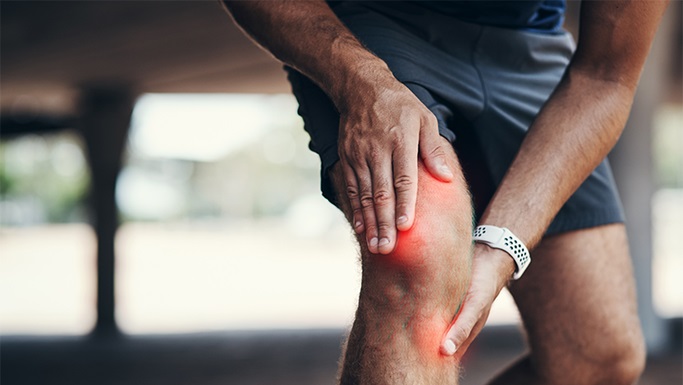- Empty cart.
- Continue Shopping
How to Maintain Healthy Joints

Healthy joints are essential for maintaining mobility and overall well-being. Whether you’re young or aging, it’s crucial to take care of your joints to prevent pain, stiffness, and conditions like arthritis.
1. Stay Physically Active
Regular exercise is one of the most effective ways to maintain joint health. Engaging in physical activity helps to:
- Strengthen the muscles around your joints, providing added support.
- Improve joint flexibility and range of motion.
- Promote circulation and deliver essential nutrients to the joints.
- Manage weight, reducing the stress on weight-bearing joints like the knees and hips.
Choose low-impact exercises like swimming, cycling, walking, and yoga, which are gentle on the joints while providing excellent overall health benefits.
2. Maintain a Healthy Weight
Excess body weight places additional stress on your joints, particularly the knees, hips, and lower back. Maintaining a healthy weight through a balanced diet and regular exercise can significantly reduce the risk of joint problems. Even modest weight loss can have a positive impact on joint health and alleviate pain associated with conditions like osteoarthritis.
3. Eat a Joint-Friendly Diet
A nutritious diet can support joint health by providing essential nutrients and reducing inflammation. Incorporate the following foods into your diet:
- Omega-3 Fatty Acids: Found in fatty fish like salmon, mackerel, and walnuts, omega-3s have anti-inflammatory properties that can help reduce joint pain.
- Antioxidant-Rich Foods: Berries, cherries, and leafy greens are packed with antioxidants that can help combat joint inflammation.
- Calcium and Vitamin D: These nutrients are essential for strong bones, which support healthy joints. Include dairy products, fortified foods, and leafy greens in your diet.
- Turmeric and Ginger: These spices have anti-inflammatory properties and can be added to your cooking or consumed as supplements.
4. Stay Hydrated
Proper hydration is essential for joint health. Water helps lubricate the joints and maintain the viscosity of synovial fluid, which cushions and nourishes the joints. Aim to drink an adequate amount of water throughout the day to keep your joints functioning optimally.
5. Practice Good Posture
Maintaining good posture reduces the strain on your joints, especially in the neck, back, and hips. Be mindful of your posture when sitting, standing, and lifting objects. Ergonomically designed furniture and equipment can also help support proper posture.
6. Protect Your Joints
Take precautions to protect your joints during daily activities and sports:
- Use proper body mechanics when lifting heavy objects, bending, or reaching.
- Wear appropriate protective gear, such as knee pads, when engaging in high-impact activities like sports.
- Avoid overexertion, and take breaks during repetitive tasks to prevent joint strain.
7. Stretch and Strengthen
Incorporate regular stretching and strengthening exercises into your routine to improve joint flexibility and stability. Focus on exercises that target the muscles surrounding your joints, as strong muscles provide better support and protection.
8. Listen to Your Body
Pay attention to your body’s signals. If you experience joint pain, stiffness, or swelling, it’s essential to address these issues promptly. Rest, ice, compression, and elevation (RICE) can help alleviate acute joint pain, but consult a healthcare professional for persistent or severe joint problems.
9. Joint Supplements
Consult your healthcare provider about the use of joint supplements such as glucosamine and chondroitin sulfate. These supplements may help reduce joint pain and slow the progression of conditions like osteoarthritis.
10. Regular Check-ups
Schedule regular check-ups with your healthcare provider, especially if you have a family history of joint problems or are experiencing joint pain. Early detection and intervention can prevent the progression of joint conditions.
In Conclusion, Maintaining healthy joints is crucial for overall mobility and quality of life. By adopting a combination of regular exercise, a balanced diet, proper hydration, and lifestyle adjustments, you can significantly reduce the risk of joint problems and promote joint longevity. Remember that joint health is an ongoing commitment, and small changes in your daily routine can have a significant impact on your joint well-being as you age.








